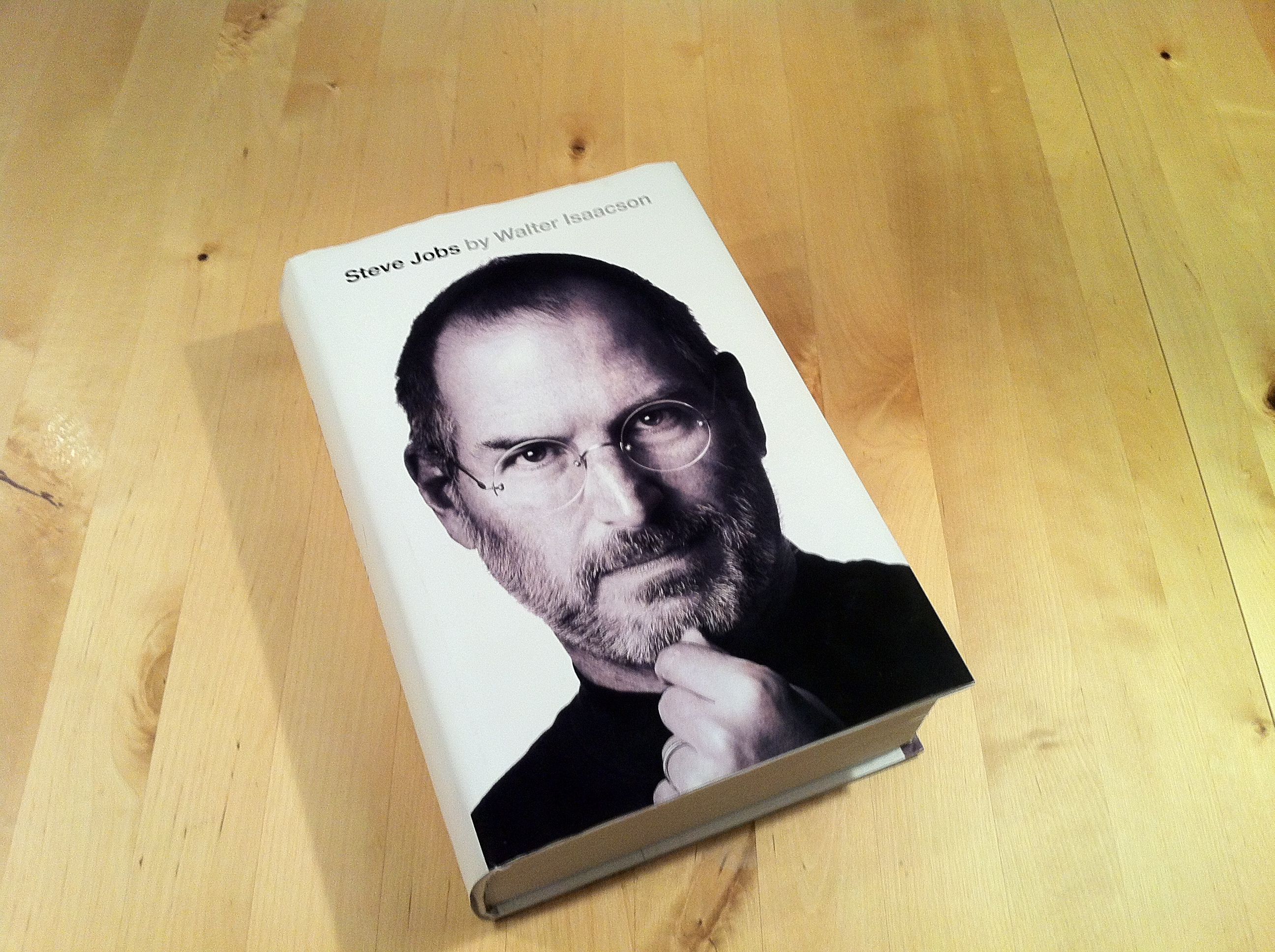 Vor einer Woche musste ich mich ärgern. Wieder einmal hat Apple alles verändert. Neben iBooks Schulbüchern veröffentlichte das Unternehmen aus Cupertino (hm, komisch nicht mehr über Steve Jobs in diesem Zusammenhang schreiben zu können) iBooks Author. Ein simples Programm um interaktive eBooks selbst erstellen zu können. Und vor allem: über den iBooks Store vertreiben zu können.
Vor einer Woche musste ich mich ärgern. Wieder einmal hat Apple alles verändert. Neben iBooks Schulbüchern veröffentlichte das Unternehmen aus Cupertino (hm, komisch nicht mehr über Steve Jobs in diesem Zusammenhang schreiben zu können) iBooks Author. Ein simples Programm um interaktive eBooks selbst erstellen zu können. Und vor allem: über den iBooks Store vertreiben zu können.
Allerdings scheint das kaum jemanden zu begeistern, einziges Thema in diesem Zusammenhang sind die überstrengen Lizenzbestimmungen von Apple.
Warum ich mich also geärgert habe? Weil iBooks Author heißt, dass ich meine schöne Geschäftsidee kübeln kann (die ich ohnehin nie umgesetzt hätte, aber eine schöne Idee war es eben doch).
Schon länger dachte ich mir im Stillen „Hm, die klassischen Verlage kapieren es wohl nicht, genauso wie die Musikindustrie vor 10 Jahren. Wenn ich jetzt viel Geld hätte und extrem auf Bücher stehen würde, würde ich meinen eigenen eBooks Verlag aufmachen und Leuten die Möglichkeit geben selbst Bücher zu veröffentlichen.“
Naja, gut, dass ich die Geschäftsidee nicht doch umzusetzen versucht habe, denn spätestens heute wäre ich ein armer Mann. Denn wer braucht ab sofort noch Verlage, wenn Apple mit seiner Marktmacht jedem selbst die Möglichkeit gibt, Bücher zu schreiben, zu erstellen und an einen weltweiten Markt zu verteilen?
Klar gab es schon vor iBooks Author ähnliche Programme, doch hat Apple eben den großen und feinen Vorteil, inzwischen ein gewaltiges Medien-Ökosystem aufgebaut zu haben.
Heißt das, Buchverlage sind tot? Nein, ich denke nicht. Doch wird es ihnen ähnlich wie den großen Medienhäusern gehen. Wenn man wirklich Qualitätsinformation und die Sicherheit eines großen Namens will, kauft man sich immer noch die FAZ oder liest den Spiegel online. Doch zugleich können heute immer mehr Blogger von ihrer Arbeit leben und werden inzwischen auch als entscheidender Teil der Medienlandschaft anerkannt.
Genauso werden in Zukunft viele (vor allem junge) Autoren die Chance nutzen, direkt via Apple’s iBooks Store zu publizieren und sich einen Namen zu machen. So wie angehende Stars à la Justin Bieber auf YouTube entdeckt wurden und sich erst einmal den langen Weg durchs Plattenlabel sparen konnten, so werden wir auch von Autoren lesen, die von Verlag wohl nie entdeckt worden wären.
Und manche Autoren werden vielleicht gleich gar nie bei einem Verlag unterschreiben und trotzdem einem Millionenpublikum ein Begriff sein. Apple’s überstrenge Lizenzbestimmungen hin oder her.
Vielleicht sollte ich also lieber ein Buch schreiben anstatt meinen eigenen Verlag zu gründen.
